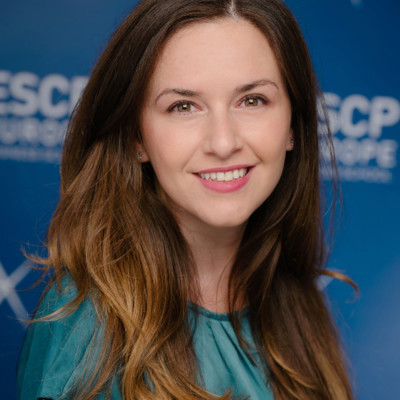Nearly half of people in the EU work in their free time to meet work demands, and a third often or always work at high speed, according to recent estimates. In the Industrial and Labor Relations Review article she recently co-wrote with Hans TW Frankort, which has been downloaded approximately 3 500 times and quoted by the media around the world, Argyro Avgoustaki examines the effect of increased work effort and shows that it relates strongly to reduced well-being and modestly to inferior career-related outcomes, with discretion possibly attenuating these adverse effects.
To know more about it
https://doi.org/10.1177/0019793918804540
https://theconversation.com/working-long-and-hard-it-may-do-more-harm-than-good-102150



